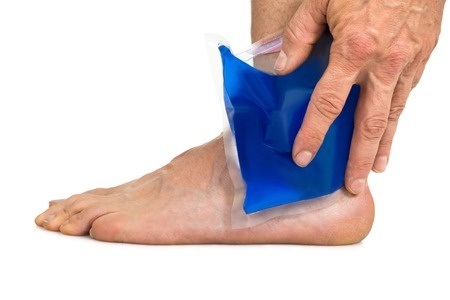Don’t Ignore Your Swollen Ankles
/Chronically swollen ankles need your full attention for a very important reason: They could mean you’ve got a serious medical condition. Before you press the panic button, however, it’s important to distinguish between occasional swelling and persistent swelling.
Occasional ankle swelling could mean
You’ve been on your feet all day and fluid has temporarily pooled.
You’re experiencing a side effect of some medication.
Your ankle’s been injured in some fashion - a sprain, for example.
You’re recovering from lower limb surgery.
Hormone levels are temporarily fluctuating, such as when a woman is menstruating.
You’ve gone a little overboard eating chips or other salty foods.
You’ve got some weight to lose. Extra pounds can prevent proper circulation in the lower legs.
Any of the above has a simple solution in sight. Lose the weight, lose the swollen ankles. Give your body a chance to recover from the trauma of ankle surgery and your swelling disappears. Adjust your medications and voilà - ankles back to normal. But solutions may not be so simple if you’ve got an underlying medical issue.
Persistent (chronic) ankle swelling could indicate
A circulation problem.
Heart disease.
High blood pressure.
A blood clot.
Kidney or liver malfunction.
See a doctor for chronic ankle swelling
Poor circulation, heart disease, and high blood pressure are examples of underlying medical issues that need a doctor’s care. If swollen ankles have become an everyday occurrence for you, have them checked out at Affiliated Foot & Ankle Center in Monmouth County, New Jersey. Make an appointment for a complete exam with Dr. Samantha Boyd, Dr. Hal Ornstein, Dr. Dan Phan, or Dr. Joseph Saka at our office in Howell or Jackson. Call us at (732) 905-1110 or contact us online.


